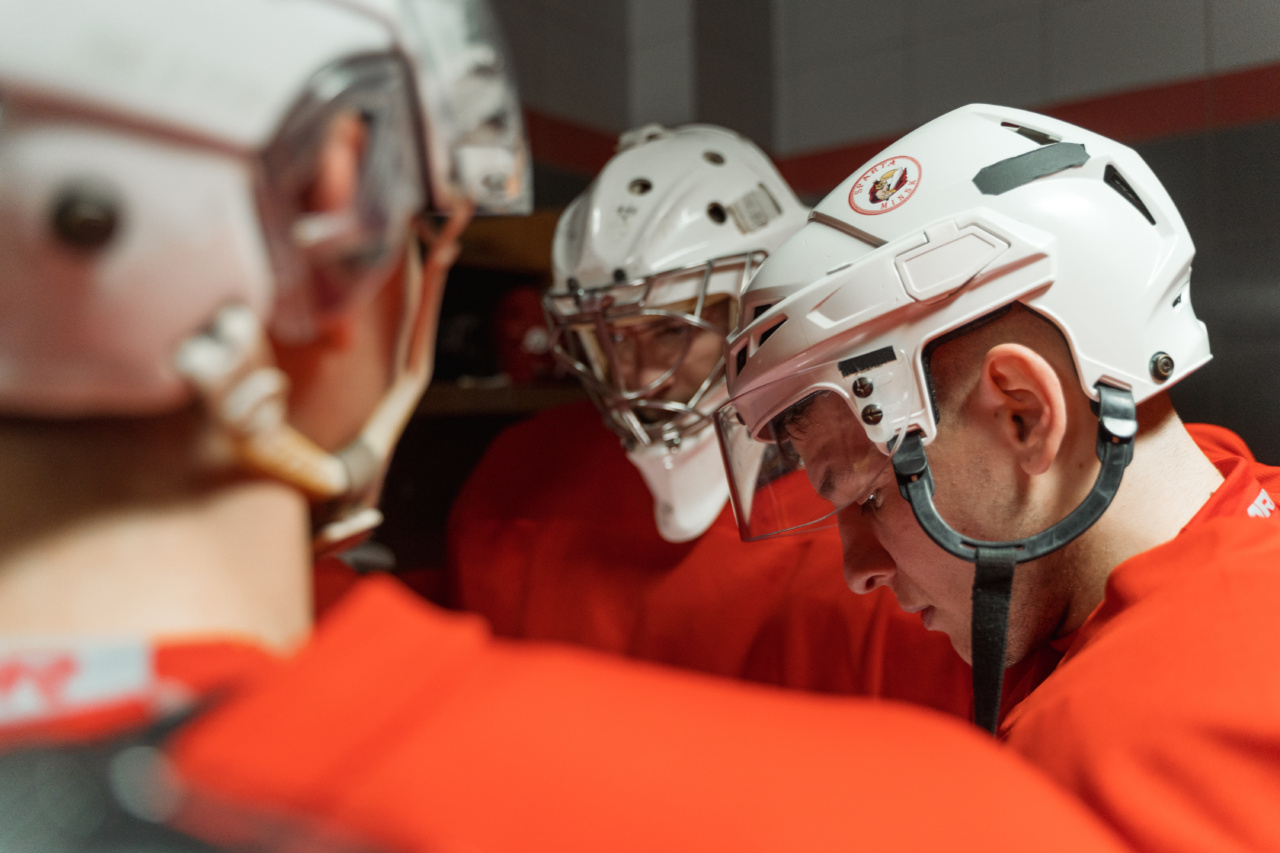Diving is an exhilarating activity that allows you to explore the underwater world like never before. However, it is essential to prioritize your safety while engaging in this adventurous pursuit.
One common issue that divers often face is ear complications. By understanding the causes of ear problems and implementing preventive measures, you can ensure a smooth and enjoyable diving experience.
In this article, we will discuss various ear complications that may arise during diving and the best practices to avoid them.
Understanding Ear Complications in Diving
When you dive underwater, the water pressure increases as you go deeper. This increase in pressure can lead to various issues with your ears if not managed properly. Some common ear complications encountered during diving include:.
1. Ear Barotrauma
Ear barotrauma occurs when there is an unequal pressure on either side of the eardrum. This condition can cause pain, discomfort, and even damage to the delicate structures of the ear.
It commonly happens during descents when the pressure inside the middle ear cannot equalize with the surrounding water pressure.
2. Ear Squeezes
Similar to barotrauma, ear squeezes occur due to the inability to equalize pressure within the ears. The difference lies in the symptoms experienced, as ear squeezes can cause a feeling of fullness or pressure in the inner ear.
If left unaddressed, this condition can lead to severe pain and potential damage to the ear.
3. Ear Equalization
Ear equalization refers to the act of balancing the pressure between the middle ear and the external environment. It is crucial for divers to master effective equalization techniques to prevent ear complications.
By clearing the Eustachian tubes, divers can equalize the pressure and maintain ear health during descents and ascents.
Preventive Measures for Healthy Ears
To ensure that your ears remain healthy while diving, consider the following preventive measures:.
1. Equalize Early and Often
Begin equalizing as soon as you start descending and continue to do so regularly throughout your dive. Waiting until you feel discomfort or pressure in your ears may be too late, as it indicates an imbalance that needs to be rectified immediately.
2. Learn Proper Equalizing Techniques
Master various equalization techniques such as the Valsalva maneuver, which involves gently blowing air against a closed nose to equalize pressure.
Another method is the Toynbee maneuver, where you swallow while pinching your nose to open the Eustachian tubes.
3. Descend and Ascend Gradually
Rapid changes in depth can put more stress on your ears. Take your time while descending and ascending to allow your ears to adjust gradually. This will minimize the chance of sudden pressure changes that can lead to ear complications.
4. Avoid Excessive Ear Cleaning before Diving
Cleaning your ears excessively before diving can remove the protective layer of earwax, which helps prevent water from entering the inner ear. Ensure your ears are clean, but avoid overdoing it to maintain the natural defense mechanism of the ear.
5. Use Properly Fitted Diving Equipment
Invest in well-fitted diving masks and snorkels that create a proper seal. Ill-fitting equipment can trap water near your ears or put unnecessary pressure on them, increasing the risk of ear complications.
6. Know Your Limits and Dive within Them
It is important to know your personal limits and dive within a depth range that you are comfortable with. Avoid going beyond your skill level, as it can lead to panic, increased heart rate, and potential ear problems due to improper equalization.
7. Take Diving Breaks
Allow your body to rest and recover between dives. Taking breaks reduces the risk of fatigue, which can affect equalization ability.
Additionally, it gives your ears time to recover from any mild discomfort or pressure they may have experienced during the previous dive.
8. Seek Professional Guidance
If you are a novice diver or unsure about equalizing techniques, seek guidance from a certified diving instructor. They can teach you proper techniques and help you understand the nuances of diving safely while protecting your ears.
Summary
Your ears are sensitive organs that require special attention during diving. By following these preventive measures, you can significantly reduce the risk of ear complications and enjoy a worry-free diving experience.
Remember to equalize early and often, learn and practice proper equalizing techniques, descend and ascend gradually, and use well-fitted diving equipment. Additionally, know your limits, take breaks, and seek professional guidance if needed. Prioritizing the safety and health of your ears will ensure that you make the most out of every dive while minimizing the risk of ear-related issues.































